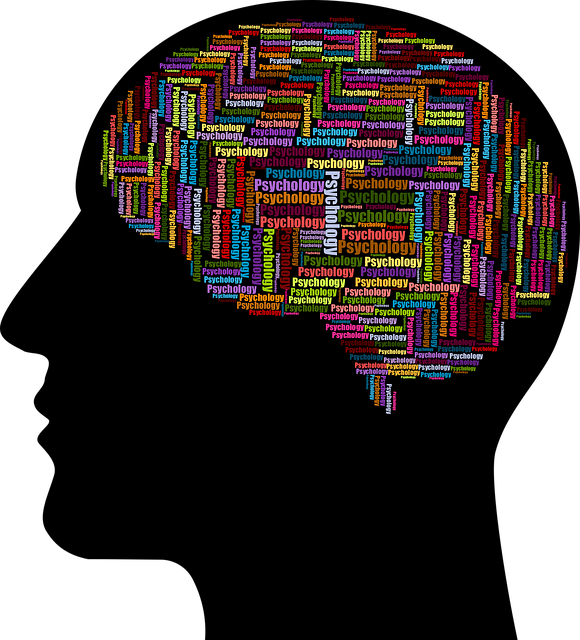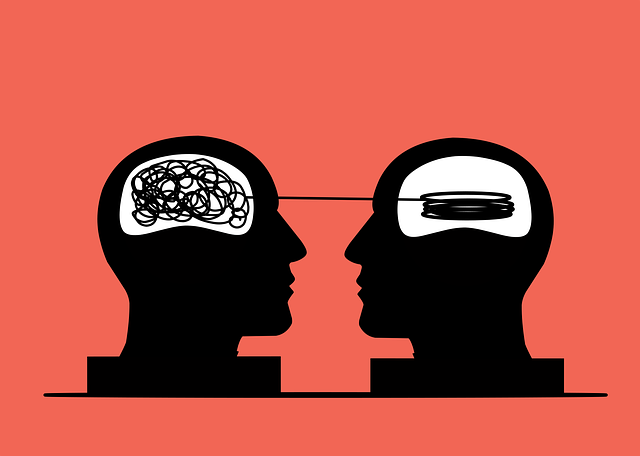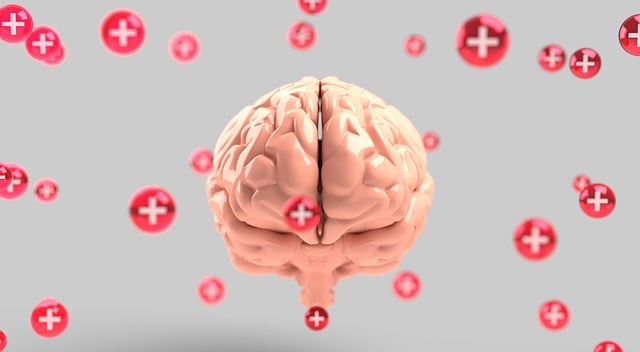A novel therapeutic approach, integrating RFM (Resilience, Flexibility, Mindfulness), revolutionizes mental health evaluations and therapy for children. This comprehensive framework goes beyond traditional methods by focusing on building resilience, adaptive abilities, and emotional intelligence. By empowering kids to navigate challenges through tailored interventions, RFM enhances their coping mechanisms and stress tolerance, fostering inner strength. This holistic strategy, accessible through school and community outreach, improves mental health outcomes by leveraging each child's unique strengths and growth potential, ensuring effective therapy tailored to their needs.
Resilience is key to navigating life’s challenges, especially for children. This article delves into RFM (Recovery, Flexibility, and Mastery), a powerful framework transforming mental health evaluations for kids. We explore its significance in resilience-building exercises tailored for young minds, offering practical guidance on integrating RFM into therapy sessions. Learn about the profound benefits and considerations of this approach, which empowers children to overcome adversity and flourish through mental health evaluations. Discover how RFM is revolutionizing therapy for children’s mental health.
- Understanding RFM: A Framework for Mental Health Evaluations in Children
- The Importance of Resilience Building Exercises for Young Minds
- Practical Applications: Integrating RFM into Therapy Sessions
- Benefits and Considerations: Enhancing Child Mental Health with RFM
Understanding RFM: A Framework for Mental Health Evaluations in Children

Understanding RFM, or Resilience, Flexibility, and Mental Health, offers a comprehensive framework for evaluating and enhancing children’s mental health. This innovative approach goes beyond traditional therapy by considering not just a child’s current state but also their inherent resilience and adaptive abilities. By assessing these factors, professionals can tailor interventions to foster emotional intelligence and inner strength development in young individuals.
RFM evaluations provide a structured way to identify children’s coping mechanisms, stress tolerance levels, and potential areas for improvement. The goal is to empower kids with the tools they need to navigate life’s challenges and build confidence boosting strategies that will serve them well into adulthood. This proactive approach to mental health recognizes that every child possesses unique strengths and the capacity for growth, paving the way for more effective therapy and a brighter future.
The Importance of Resilience Building Exercises for Young Minds

Resilience building exercises are instrumental in nurturing the mental health and well-being of young minds. In today’s fast-paced world, children often face various challenges that can impact their emotional healing processes. From academic pressures to social stressors, these experiences can trigger anxiety relief concerns and negatively affect self-esteem improvement. Incorporating resilience training into their routines equips them with essential coping mechanisms, fostering an ability to navigate life’s ups and downs with greater ease.
Through therapy for children, mental health evaluations become more effective when resilience is a central focus. These exercises teach young individuals to view setbacks as opportunities for growth rather than insurmountable barriers. By enhancing emotional intelligence and building inner strength, resilience training empowers children to overcome obstacles, boost their self-worth, and develop a positive outlook on life.
Practical Applications: Integrating RFM into Therapy Sessions

Integrating RFM (Resilience, Flexibility, and Mindfulness) into therapy sessions offers a powerful approach to enhancing mental health evaluations for children. This methodical framework equips therapists with practical tools to support young clients in developing emotional intelligence and managing anxiety relief. By incorporating exercises that foster resilience, such as challenging negative thought patterns and cultivating positive self-talk, therapists can help children build coping mechanisms that extend far beyond the therapy room.
The integration of RFM into therapy sessions benefits from community outreach program implementation. Collaborative efforts with schools, community centers, and support groups enable widespread access to these valuable resources. This holistic approach not only strengthens mental health services but also creates a supportive network around children, empowering them to navigate life’s challenges with enhanced emotional agility and resilience.
Benefits and Considerations: Enhancing Child Mental Health with RFM

Enhancing Child Mental Health with RFM (Recovery-Focused Goals and Strengths Model) offers a transformative approach to therapy, particularly for children facing various mental health challenges. This model prioritizes building resilience, which is a key factor in improving overall well-being. By focusing on individual strengths and setting achievable goals, therapists can empower children to navigate difficult emotions and experiences more effectively.
RFM provides a structured framework for mental health evaluations, incorporating communication strategies that encourage self-expression and reflection. It equips both children and their support systems with valuable tools for crisis intervention guidance, enabling proactive management of potential triggers. This method promotes a sense of agency, where children learn to identify their strengths, fostering a positive mindset that can be applied to various aspects of their lives.
Mental health evaluations, such as those utilizing the RFM (Resilience, Flexibility, and Mastery) framework, are invaluable tools for therapists working with young minds. By integrating RFM into therapy sessions, professionals can effectively support children’s resilience building exercises, fostering adaptability and a sense of control over their lives. This approach not only enhances child mental health but also equips them with essential skills to navigate life’s challenges. When tailored to individual needs, these evaluations and subsequent interventions can be transformative, ensuring a brighter future for the next generation.









